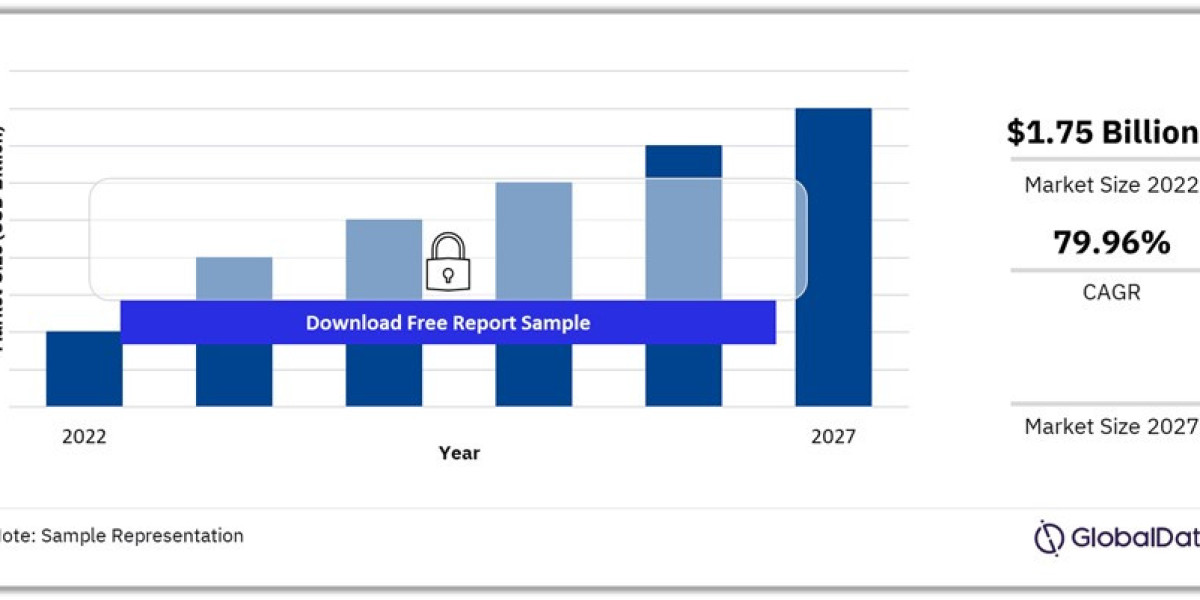Market Dynamics: A Goldmine of Potential
Experts predict the generative AI market to reach staggering heights, with estimates suggesting a valuation of $92 billion by 2030 [IoT Analytics, Generative AI Market Report 2023–2030]. This growth is driven by several key factors:
- Surging Demand for Content: The ever-increasing demand for high-quality content across various sectors creates a perfect storm for generative AI. Businesses are constantly seeking innovative ways to engage audiences, and generative AI offers the potential to automate content creation at scale.
- Advancements in Foundational Models: The development of powerful foundational models, like OpenAI's GPT-3, is pushing the boundaries of what generative AI can achieve. These models are constantly learning and evolving, leading to more realistic and sophisticated outputs.
- Cloud Infrastructure Boom: The proliferation of cloud computing services provides the necessary infrastructure for running computationally intensive generative AI models. Cloud giants like Amazon Web Services (AWS), Microsoft Azure, and Google Cloud Platform (GCP) are well-positioned to capitalize on this trend.
Market Landscape: A Flourishing Ecosystem
The generative AI market is a dynamic ecosystem with various players vying for dominance. Here's a glimpse into the key segments:
- Software Providers: Holding the largest market share, software providers offer a plethora of generative AI solutions. These solutions cater to diverse needs, from text generation and code writing to image and video creation.
- Foundational Model Developers: Companies like OpenAI and Anthropic are at the forefront of developing powerful foundational models that form the backbone of many generative AI applications.
- Cloud Service Providers: Cloud giants like AWS, Microsoft, and Google offer cloud-based generative AI services, making this technology accessible to a broader user base.
- Industry-Specific Solution Providers: A growing number of startups and established companies are developing generative AI solutions tailored to specific industries like healthcare, drug discovery, and design.
Applications Galore: Transforming Industries
The potential applications of generative AI market are vast and transformative. Here are some prominent examples across different industries:
- Media & Entertainment: Generative AI is being used to create realistic special effects, generate personalized content recommendations, and even write scripts or compose music.
- Marketing & Advertising: Businesses are leveraging generative AI to personalize marketing campaigns, create targeted advertising content, and automate social media interactions.
- Product Design & Development: Generative AI can assist in product design by creating variations and optimizing prototypes, accelerating the design process.
- Drug Discovery & Healthcare: Researchers are utilizing generative AI to design new drugs, analyze medical data, and personalize treatment plans.
Challenges & Considerations: A Work in Progress
Despite its immense potential, the generative AI market faces some challenges:
- Ethical Concerns: Biases in training data can lead to discriminatory outputs from generative AI models. Addressing these biases and ensuring ethical development is crucial.
- Explainability & Transparency: Understanding how generative AI models arrive at their outputs is critical, especially in high-stakes applications like healthcare.
- Regulation & Governance: As generative AI becomes more sophisticated, establishing regulations to prevent misuse and ensure responsible development becomes necessary.
Buy the Full Report For More Insights into the Generative AI Market Forecast, Download A Free Report Sample



